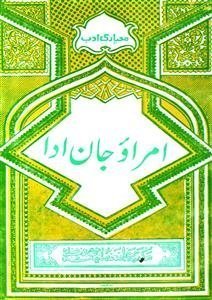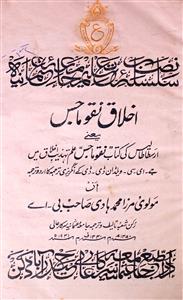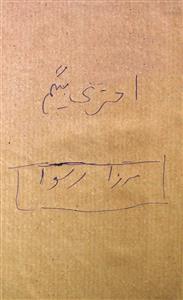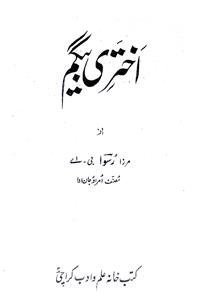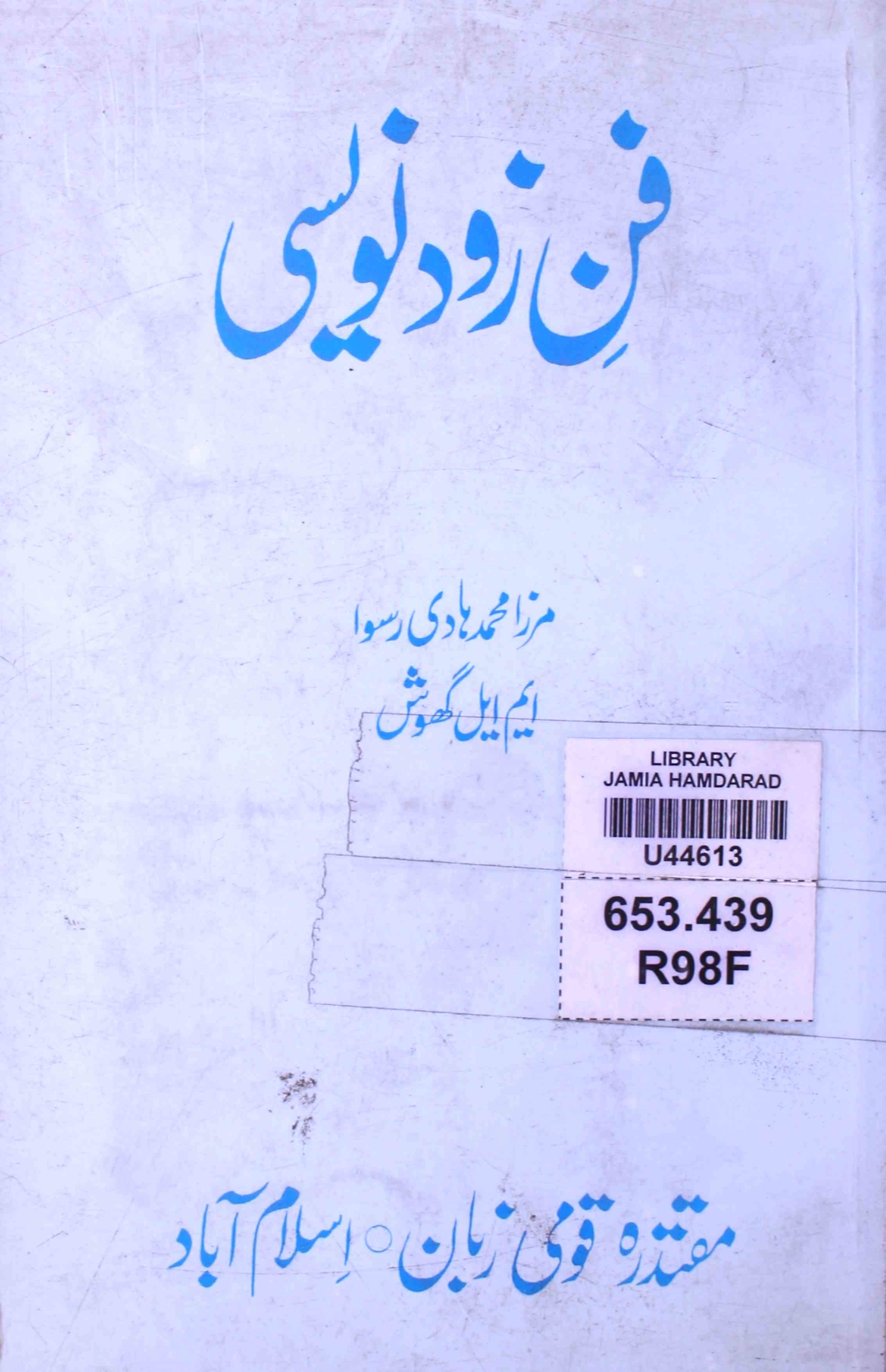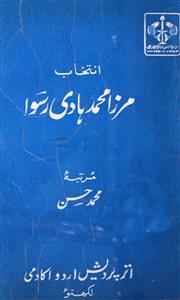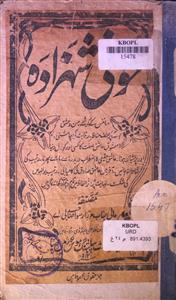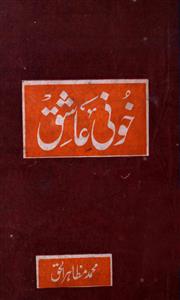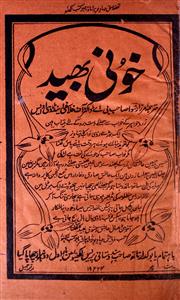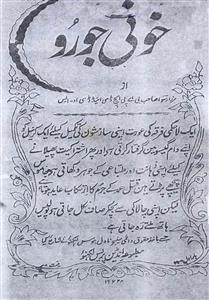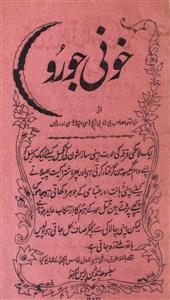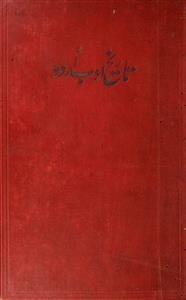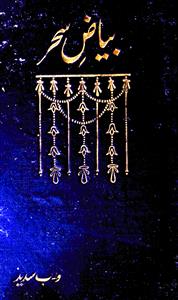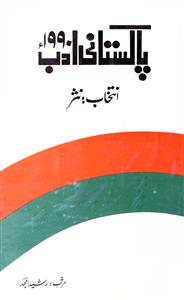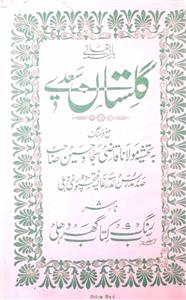 For any query/comment related to this ebook, please contact us at haidar.ali@rekhta.org
For any query/comment related to this ebook, please contact us at haidar.ali@rekhta.org
About The Book
امراؤ جان ادا مرزا ہادی رسوا کا شاہکار ناول ہے۔ اس ناول نے رسوا کو غیر معمولی شہرت دلائی۔ کہتےہیں کہ یہ ایک جھوٹی کہانی ہے حقیقت میں کوئی ایسی طوائف نہیں تھی لیکن جب رسوا نے اس کو نثر کا جامہ پہنایا اور اتنے خوبصورت انداز میں پیش کیا تو لکھنؤ کے چوک کے علاقے میں لوگ امراؤ جان کو ڈھونڈنے آتے۔ اگر اس کو مصنف کی اپج مانا جائے تو یہ مصنف کی بڑی کامیابی ہے کہ اس نے اپنی تحریر میں روح پھونک دی ہے۔ کیوں کہ ناول نگاری میں ایک فرضی قصے کو اتنے اچھوتے انداز میں بیان کر دینا کہ حقیقت لگنے لگے یہ عیب نہیں بلکہ فکشن کے لئے خوبی ہے۔ اس ناول میں معاشرتی، نفسیاتی، تاریخی، تہذیبی اور ثقافتی پہلو کو جابجا دکھایا گیا ہے۔ناول میں فیض آباد سے اغوا شدہ "امیرن " کی کہانی بیان کی گئی ہے۔ رسوا نے اس ناول میں شہر لکھنو کی معاشرتی، تہذیبی و ادبی چہل پہل کو اس خوبصورت پیرایہ میں پیش کیا ہے کہ لکھنو قاری کی نظروں میں رچ بس جاتا ہے۔ اس میں یہ دکھانے کی کوشش کی گئی ہے کہ طوائفوں کے کوٹھے کس طرح تہذیب و تربیت کی آماجگاہ ہوا کرتے تھے جہاں شرفا کے بچے تربیت کے لئے آتے اور وہ طوائف جو کہیں نہ کہیں دوم درجے کی شہریت رکھتی ہے شرفا کو تعلیم و تربیت کرتی ہے۔ ناول کی زبان سادہ و آسان فہم ہے مگر جابجا شعر و سخن کی پیوندکاری نے نثر میں نگ جڑنے کا کام کیا ہے ۔ مشاعروں کی نشست و برخواست نے قدیم لکھنو کی وہ تصویر کھینچی ہے کہ وہ ادبی سرگرمی اور دبستان لکھنو کی جھلک محسوس ہوتی ہے۔ طوائفوں کے اٹھنے بیٹھنے کا انداز اور ان کی نفاست کو ناول میں بہت واضح دیکھا جا سکتا ہے۔
About The Author
Born in 1858, Mohammad Hadi used Ruswa as his pen name in poetry, and Mirza Ruswa in Novel writing. He graduated from the Roorkee Engineering College and got employed in Quetta for a monthly salary of 70 Rupees. At the same time, he became interested in chemistry, which even led to him quitting his job. When he ran out of money, he became a teacher of Persian in the Lucknow Christian College School. At the same time, he passed his BA from Punjab University. He started his poetry under the tutelage of Mirza Dabir, but after his death, he sought corrections from Mirza Jafar Auj, son of Mirza Dabir. Mirza turned his attention to translations and novels to increase his income. In 1902 he discovered a new interest, astrology. The series of his writings, compositions, poetry and literature continued in Lucknow till the end of the year 1920. Either at the end of 1920, or at the beginning of 1921, Mirza moved to Hyderabad, Deccan and got employed in the Dar-ul-Tarjuma. On 21st October, 1931, he died of Typhoid, in Hyderabad Deccan.
Mirza also translated books of philosophy. He was very fond of music and his religious knowledge was very vast, too. He had a special interest in science and was a master of chemistry. He also worked on a shorthand manual. He also wrote several elegies. Other than his world-famous ‘Umrao Jan Ada’, he wrote many other novels. He was truly a multi-faceted personality.
 For any query/comment related to this ebook, please contact us at haidar.ali@rekhta.org
For any query/comment related to this ebook, please contact us at haidar.ali@rekhta.org
Write a Review
Jashn-e-Rekhta 10th Edition | 5-6-7 December Get Tickets Here
